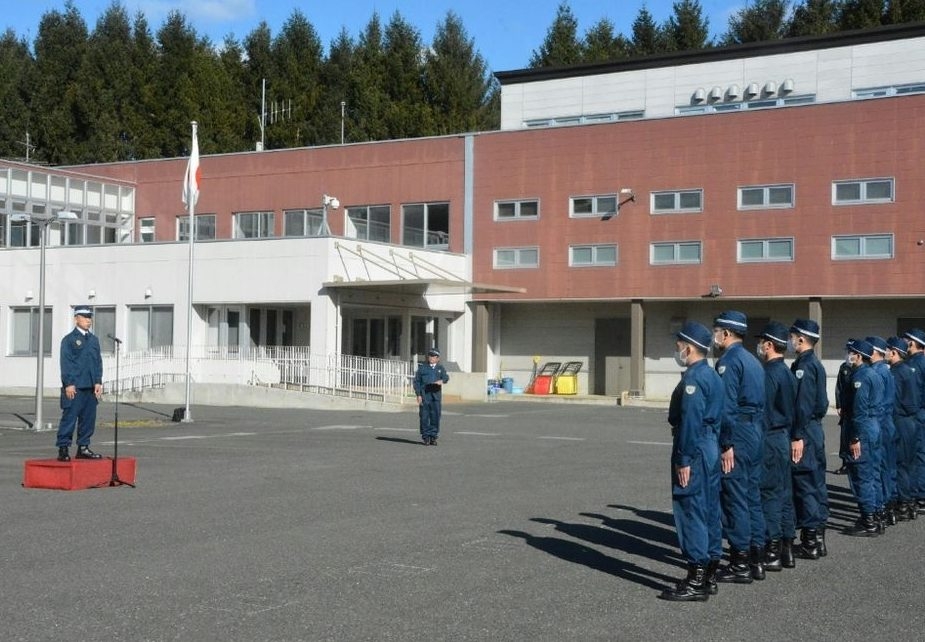A high-stakes gamble is unfolding in the Middle East, centering on a decision by President Trump that could dramatically reshape the future of Gaza. The question: will he authorize Turkish troops to join a U.S.-backed stabilization force in the region? The proposal, aggressively pursued by Ankara, has ignited a firestorm of opposition from Israel and key Arab allies, who view Turkey’s rising influence and Islamist leanings with deep apprehension.
Turkey is reportedly preparing a substantial force – a brigade of at least 2,000 soldiers – ready to deploy as soon as a U.N. Security Council mandate is secured. But Israel has delivered an unequivocal rejection. “There will be no Turkish boots on the ground,” a government spokesperson stated firmly, signaling a potential crisis point in the U.S.-Israel relationship.
Trump’s past praise for Turkish President Recep Tayyip Erdogan as “a very strong leader” adds another layer of complexity. This personal rapport raises concerns that diplomatic considerations might outweigh the serious objections voiced by Israel, forcing a difficult balancing act for the administration.
Analysts warn that the ideological chasm between Israel and Erdogan’s government is too vast to ignore. One expert described Trump as a dealmaker eager to unite enemies and allies, but cautioned that he underestimates the “profoundly deep-rooted enmity” embodied by Turkey’s current leadership. Concerns extend beyond regional stability, with accusations that Turkey actively supports Islamist groups and pursues an agenda of Islamic imperial power.
The situation is further complicated by Turkey’s ongoing military occupation of Syria and its long-standing relationship with Hamas, whom Erdogan has consistently defended. Critics argue that allowing Turkish troops into Gaza would effectively reward a nation accused of supporting international terrorism and embolden a destabilizing force in the region.
Former Israeli officials have voiced strong opposition, insisting that Israel must maintain operational freedom in Gaza even after the current conflict. They fear that a Turkish presence would restrict Israel’s ability to respond to future threats and allow Hamas to rebuild its capabilities.
Years of strained relations between Israel and Turkey, marked by diplomatic crises and personal clashes between leaders, fuel these anxieties. Erdogan’s consistent support for the Muslim Brotherhood and opposition to Israeli interests in Syria have created a climate of deep distrust.
However, Turkey’s motivations are not solely ideological. Experts suggest Erdogan’s aggressive stance on Gaza is also driven by domestic political calculations. Recent electoral losses have prompted him to reaffirm his image as a champion of the Palestinian cause, appealing to his conservative base.
Despite the rhetoric, some observers believe Erdogan is also attempting to navigate a pragmatic path, quietly seeking to avoid antagonizing the Trump administration. Reports suggest he even urged Hamas to consider Trump’s Gaza proposal, despite its unfavorable terms for the organization.
Yet, Turkey’s history of supporting Islamist movements across the Middle East – from Libya to Egypt – continues to raise red flags for regional partners like Egypt and Saudi Arabia, who question Ankara’s true intentions in Gaza. They fear Turkey seeks to exploit the situation to expand its influence and promote its own ideological agenda.
The United States now finds itself caught in the middle of this power struggle. Recent discussions between Secretary of State and Turkish officials highlight ongoing coordination, but the ultimate decision on whether to include Turkish troops remains unresolved. The outcome hinges on Trump’s willingness to navigate the complex web of competing interests and potentially confront a key NATO ally.
Ultimately, the fate of Gaza – and the broader stability of the Middle East – may rest on President Trump’s judgment and his ability to weigh the risks and rewards of embracing Turkey’s role in the region.






